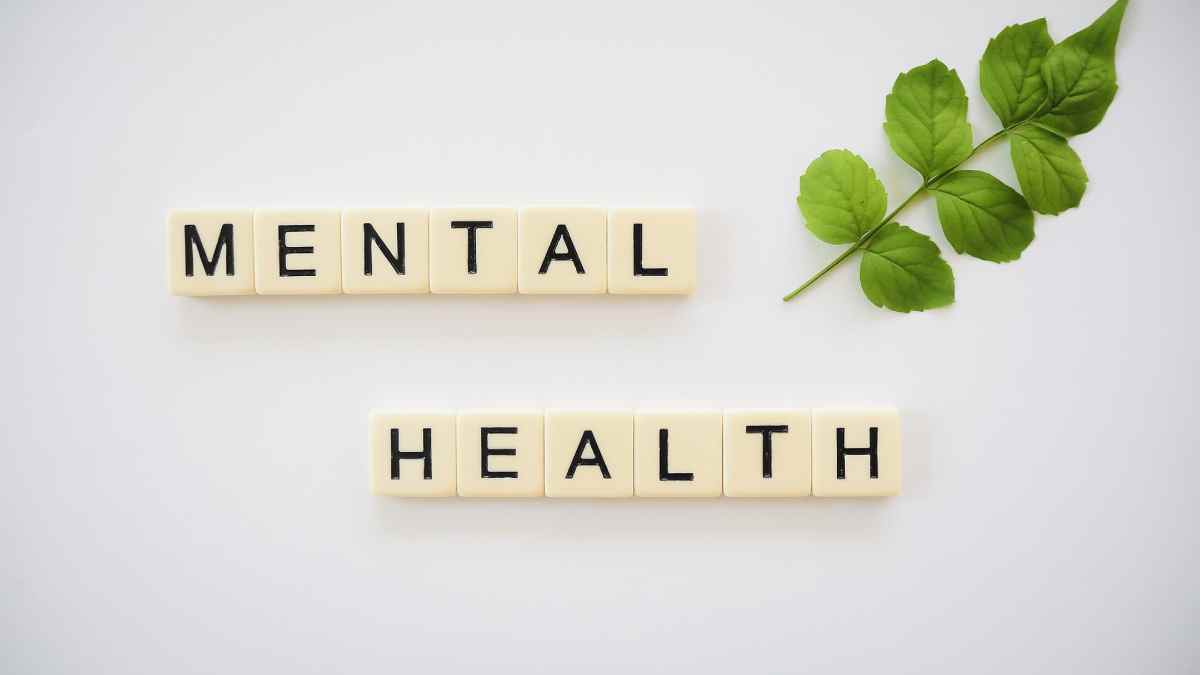INDIA: Mental health is a crucial issue in modern society for overall well-being, and specifically, men’s mental health is an issue that deserves attention and advocacy.
Men’s mental health awareness is essential because it can help break down the stigma surrounding mental health struggles and encourage men to seek the help they need.
Men face unique obstacles when it comes to mental health. For example, traditional gender roles and societal expectations around masculinity can make it more difficult for men to express their emotions or seek help when struggling.
Men may feel pressure to present a specific image of strength or stoicism, making it harder to ask for help or admit to mental health struggles.
Need for men’s mental health awareness
The need for men’s mental health awareness is pressing, as mental health is a critical component of overall well-being, and men’s mental health issues often go unaddressed and untreated.
Here are some key reasons why men’s mental health awareness is necessary:
1. Stigma and shame: Men are generally hesitant to talk about their mental health struggles due to shame and stigma. Society has traditionally expected men to be tough, self-reliant, and unemotional, making many men feel like admitting to mental health problems is a sign of weakness.
Although men should be strong, that does not mean they can’t share their suffering. We can break down this stigma and create a more accepting and supportive culture by raising awareness about men’s mental health.
2. Higher rates of suicide: Men have higher chances of dying by suicide than women, partly because men are less likely to seek help for mental health issues.
According to the American Foundation for Suicide Prevention, men die by suicide at a rate of 3.63 times that of women. By promoting awareness and resources for men’s mental health, we can help prevent suicides and save lives.
3. Lack of awareness: Many men may not know the signs and symptoms of mental health issues or the available help and resources. By promoting men’s mental health awareness, we can ensure they have the information and resources to prioritise their mental well-being.
4. Masculinity norms: Traditional notions of masculinity can contribute to men’s mental health issues. Men may feel pressure to be strong, stoic, and unemotional, leading them to suppress their feelings and avoid seeking help.
By promoting awareness and education about the relationship between masculinity and mental health, we can help men find healthier ways to cope with their emotions and prioritise their mental well-being.
5. Impact on families and society: Men’s mental health issues not only affect individual men but can also have ripple effects on their families, communities, and culture.
Addressing men’s mental health issues can help build stronger, more resilient communities and reduce untreated mental illness’s economic and social costs.
Men’s mental health statistics
The statistics shown below are according to the Anxiety and Depression Association of America (ADAA).
Although men make up about 10% of bulimia or anorexia patients, they are less likely to seek professional assistance.
Every year, more than 6 million men experience depression, although this condition is frequently underdiagnosed.
More than 3 million males in the US have a phobia or panic disorder, including agoraphobia.
Bipolar disease affects 2.3 million people in the United States, with men and women experiencing the illness at equal rates. For men, the onset age ranges from 16 to 25 years old.
Schizophrenia is one of the main contributors to disability in the United States. In the United States, 3.5 million people have received a diagnosis, and 90% of men are diagnosed by the time they are 30 years old.
Men’s mental health awareness month
Men’s Mental Health Awareness Month is an annual observance in June that aims to raise awareness about men’s unique mental health challenges and promote resources and support for men’s mental well-being.
The campaign was started in the United States in 2004 by Men’s Health Network, a non-profit organization dedicated to improving men’s health and well-being.
During Men’s Mental Health Awareness Month, organisations, individuals, and communities are encouraged to engage in activities that promote awareness and support for men’s mental health issues.
The campaign can include educational events, mental health screenings, social media campaigns, and outreach to local media outlets.
Conclusion
In conclusion, men’s mental health is a pressing issue that deserves attention and advocacy. Men face unique obstacles when it comes to mental health, including stigma, shame, and traditional gender roles. By promoting men’s mental health awareness, we can help break down these barriers and encourage men to seek the help they need.
Men’s Mental Health Awareness Month is an excellent opportunity to engage in activities that promote awareness and support for men’s mental health issues.
As individuals, organisations, and communities, we can all play a role in supporting men’s mental well-being and creating a more accepting and supportive culture.
Also Read: The Long-term Impact of Domestic Abuse on Attachment Styles and Relationships



